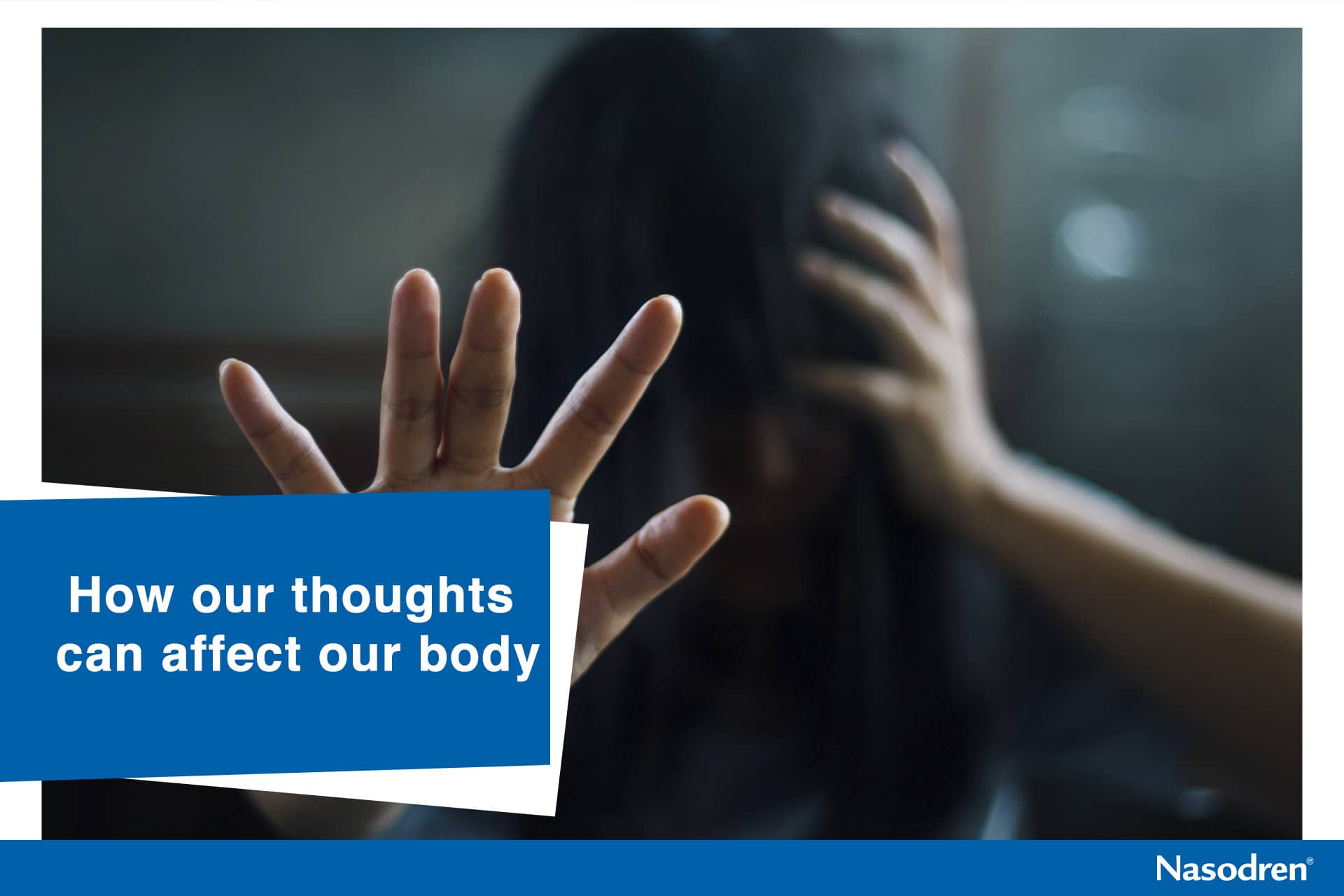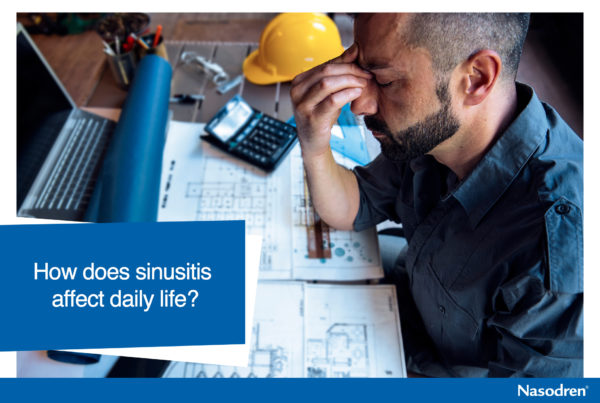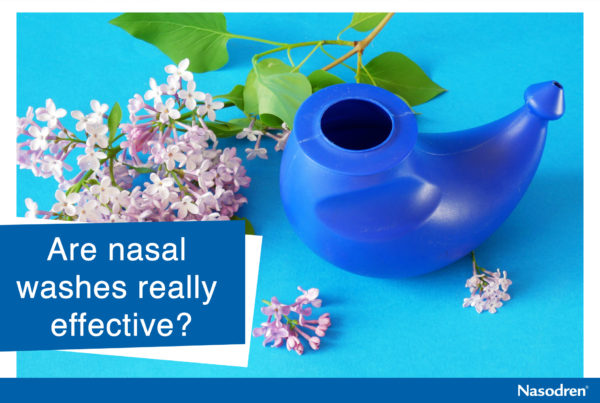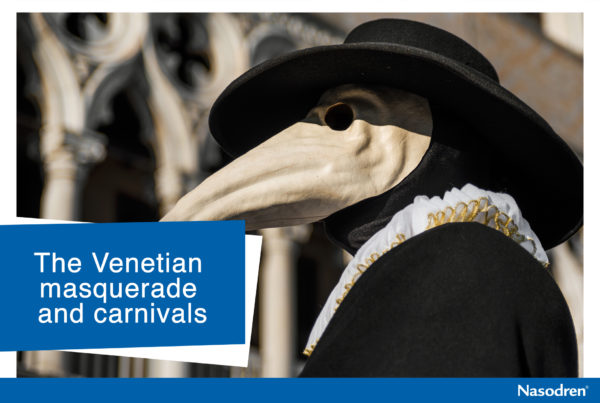Here are only a couple of examples of what is known as the nocebo effect, which is the opposite of the popular placebo effect
Joan was sitting in the waiting room of the health centre. Her arm was broken and it had to be checked. Ten minutes later she entered the traumatologist’s office. It was the first time she had been there. The doctor was asking her about how she felt when she began to sneeze repeatedly, six or seven times in a row. “I’m sorry doctor,” Joan said, “but I have an allergy to pollen and there are some flowers on your table.”
The doctor smiled and answered, “I am afraid that those are artificial flowers”
Alison, Peter, James, and Andy decided to play a joke on Julie, a young intern who had joined the company a few months before. They agreed that throughout the day each of them would tell Julie she was looking awful, and quite pale, like she had a fever. The idea came up when Peter, having read an article about the power of the brain, had explained it to his colleagues. It claimed that one’s health condition might be modified by others’ comments. Effectively, in the evening, when Julie arrived home she took an antipyretic and went straight to bed.
These are only a couple of examples of what is known as the nocebo effect, which is the opposite of the popular placebo effect.
Over the last decade, scientists have shown that the nocebo effect – Latin for “I will harm” – is very common. For example, when conducting clinical trials it is generally expected that around 10% of participants will drop out because of nocebo effects.
Interestingly, not only subjective events are reported by nocebo effect but also objectives ones. For instance, people taking “white pills”, but who are told they are taking sugar pills, have high glucose levels in blood analyses.
Also, it has been hypothesized that people with depression are more likely to develop certain cancers and experimental tests do indicate that psychological stress can affect the ability of a tumour to grow and spread.
In the same way, the brain has the power to improve health by using only placebo, as the patients believe that they will be cured.
Nevertheless, while your outlook can be incredibly powerful, not all medical conditions can be avoided and treated with just a positive attitude. A sad example of this is Steve Jobs, the founder of Apple. Jobs spent 9 months in alternative treatments before undergoing surgery. Dr. Amir, pancreas specialist stated, “In the circumstances, it seems clear that the choice of alternative medicine by Steve Jobs led him to an unnecessarily early death. He had relatively lenient neuroendocrine tumours. In my series of patients, for many subtypes of cancer, survival rate for over a decade was 100%”.
In short, being positive and optimistic will help people to get better. However, sometimes attitude is not enough and help from competent health professionals is necessary. Don’t let your brain ruin your health!
Did you know about the nocebo effect?
Have you ever searched for alternative therapies? How was the experience?
Share your stories below!









